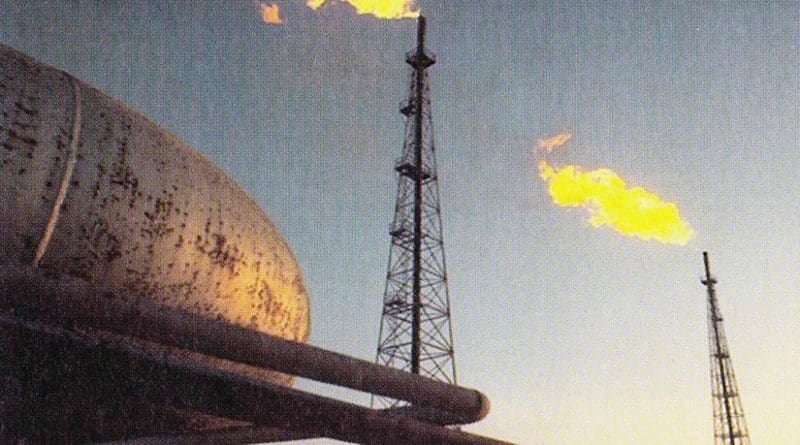Oil Output Freeze Deal Is Attempt To Pressure Iran
By Aygun Badalova
The agreement between Saudi Arabia, Russia, Venezuela and Qatar to freeze oil production seems more like a symbolic announcement, which will have moderate impact on oil prices, Gal Luft, co-director of the Institute for the Analysis of Global Security (IAGS), a Washington based think tank focused on energy security, and a senior adviser to the United States Energy Security Council believes.
“The agreement is to freeze the increase in production quotas, not to reduce production. In other words the ministers agreed not to flood the market with additional oil but will continue to produce at current levels,” Luft told Trend.
“This is more of a symbolic announcement since it made no sense for those countries to increase production and drive prices to the ground to begin this,” he added.
Energy ministers of Russia, Saudi Arabia, Venezuela and Qatar agreed on Feb. 16 to freeze the production of oil after the negotiations in Doha. Oil output will be stabilized at the level of Jan. 11, if other major exporters follow the suit.
The impact of the agreement on oil prices is likely to be moderate, Luft believes.
“After all no one is going to withdraw oil from the market so inventories will remain high in the near future,” he said.
As of Feb. 17 morning, April futures price for Brent Blend oil extracted in the North Sea rose by 1.07 percent – to $32.52 per barrel. March futures price for WTI crude oil increased by 0.64 percent – to $29.23 per barrel as of Feb. 17 morning.
Overall, Luft believes that the move to freeze output aims to reach a coordinated approach vis a vis Iran, which more than any other OPEC member is tempted to increase production.
“Iran’s production is far lower than its reserves allow. The concern of Russia and the OPEC producers is that Iran may be able to attract investment to boost it’s production and hence increase supply,” Luft said.
Such coordinated approach by all the major producers, he said, will allow them to pressure Iran to coordinate it’s production increase with the rest of the cartel members.
“Saudi Arabia needed Russia in this effort as Russia is the only major producer that has a degree of leverage over Iran,” Luft added.
Free of sanctions, Iran plans to increase its oil export by 500,000 barrels per day, and then raise the figure by another 500,000 to two million barrels per day within a six month period at the next step.
Iran’s proved oil reserves stood at 157.8 billion barrels at the end of 2014, according to BP. The country produced 2.925 million barrels per day in January compared to 2.887 million barrels per day in December, 2015.
Iran said it will defend its right to raise oil production to pre-sanctions levels, ahead of a meeting with other OPEC members, hoping to convince the country to join a co-ordinated production freeze, Financial Times reported.
“It is illogical to ask Iran to further decrease its output,” Iran’s OPEC envoy Mehdi Asali told local newspaper Shargh.
“Under the current circumstances that Iran’s production is much below its quota, it cannot expect us to further decrease our production,” he said.

